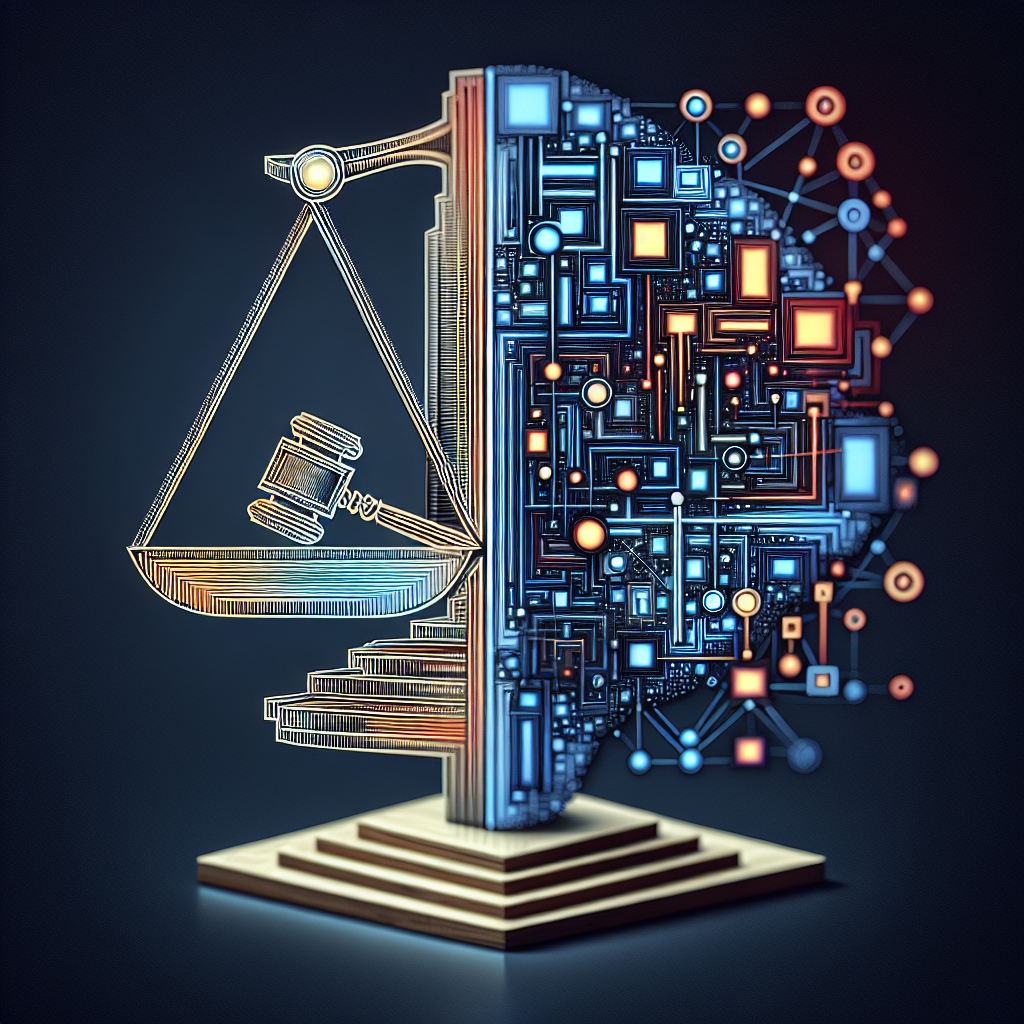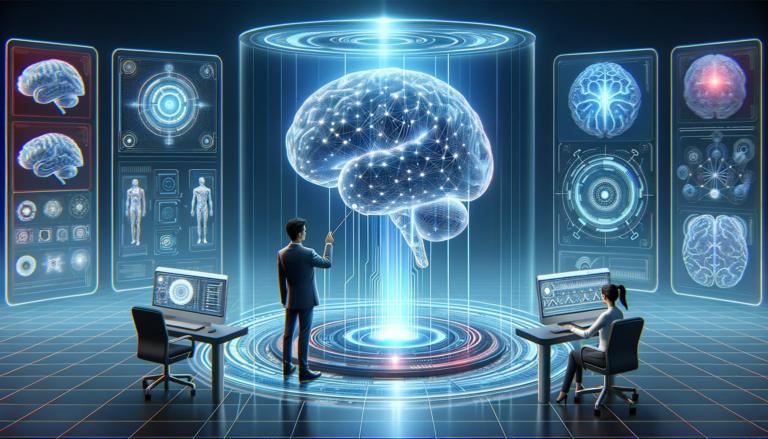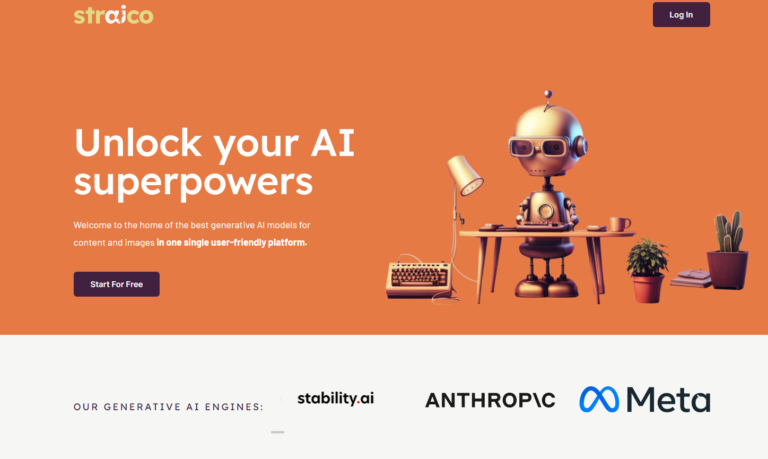
Imagine diving into the exciting world of AI, where algorithms and data meet innovation and possibilities. As AI continues to shape our everyday lives, it is crucial to understand the legal and ethical frameworks that govern this powerful technology. In this thought-provoking article, you will explore the intricate landscape of AI regulation and policy, uncovering the intricate relationships between legal boundaries and ethical considerations. Get ready to navigate the fascinating intersection of law and AI, as we unravel the complexities and challenges that arise in this dynamic field.
Understanding AI Regulation and Policy
The importance of AI regulation
As artificial intelligence (AI) continues to advance and become an integral part of our daily lives, the need for effective regulation and policy becomes increasingly crucial. AI has the potential to revolutionize multiple industries, from healthcare to transportation, but without proper regulation, it also poses significant risks. By implementing AI regulation, we can ensure the responsible and ethical development, deployment, and use of AI technologies.
Defining AI regulation and policy
AI regulation refers to the set of guidelines, laws, and policies that govern the development, deployment, and use of AI technologies. These regulations aim to address concerns related to privacy, data protection, fairness, accountability, and transparency, among others. AI policy, on the other hand, focuses on shaping the strategic direction, goals, and priorities for the development and use of AI within a specific country or region.
The challenges of regulating AI
Regulating AI poses several challenges due to the rapidly evolving nature of the technology. AI systems can be complex, adaptive, and capable of learning and evolving independently. Additionally, the global nature of AI development and deployment further complicates the regulatory landscape. Determining appropriate standards, ensuring compliance, and addressing potential biases and ethical concerns are just a few examples of the challenges faced when regulating AI.
International perspectives on AI regulation
Different countries and regions have adopted varying approaches to AI regulation. Some prioritize strict regulations to address concerns related to privacy and data protection, while others focus on fostering innovation and economic growth. Understanding the international perspectives on AI regulation is essential for developing effective global frameworks that balance ethical considerations with technological advancements.
Legal Frameworks for AI
Current legal landscape for AI
The legal landscape for AI varies across jurisdictions. Some countries have specific laws that directly address AI, while others rely on existing legal frameworks to regulate AI-related issues. For example, the European Union’s General Data Protection Regulation (GDPR) has implications for AI technologies that process personal data. It is vital for policymakers and regulators to stay updated on the current legal landscape surrounding AI to ensure the adequacy and effectiveness of regulations.
Intellectual property rights and AI
Intellectual property (IP) rights play a significant role in AI development since AI technologies often involve complex algorithms, data sets, and models. Protecting IP rights is essential for incentivizing innovation and investment in AI. However, balancing IP rights with the need for collaboration and openness in AI research is a challenge. Striking the right balance is crucial to foster innovation while ensuring fair competition and access to AI technologies.
Liability issues in AI
AI systems can potentially cause harm or make mistakes, raising important questions regarding liability. Determining who is responsible when an AI system causes harm can be complex, especially in cases where AI systems make autonomous decisions. Various legal frameworks are being explored to establish liability mechanisms that hold developers, users, and other relevant stakeholders accountable for the actions and decisions made by AI systems.
Privacy and data protection considerations for AI
AI often relies on vast amounts of data to learn and make predictions, making privacy and data protection critical concerns. The collection, storage, and processing of personal data by AI systems can raise privacy risks. Regulating AI to ensure the protection of individuals’ data while promoting AI innovation requires striking a balance between data protection laws and the potential benefits and insights that AI can provide.
Ethical Frameworks for AI
The role of ethics in AI development and deployment
Ethics play a crucial role in guiding the development and deployment of AI systems. The ethical considerations surrounding AI involve ensuring fairness, avoiding biases, protecting privacy, and promoting transparency and accountability. By incorporating ethical frameworks into AI development, we can ensure that AI technologies are designed and used in a manner that upholds societal values and respects human rights.
The ethical principles of AI
Several ethical principles guide the development and use of AI systems. These principles include fairness, transparency, accountability, privacy, and avoiding harm. Fairness entails ensuring that AI systems do not discriminate or replicate existing biases. Transparency and accountability involve making AI systems understandable and enabling human oversight. Privacy focuses on protecting personal information, while avoiding harm requires implementing safeguards to prevent negative consequences associated with AI deployment.
Fairness and bias in AI
AI systems have the potential to perpetuate biases and discrimination if not properly regulated. Bias can be unintentionally introduced when training data contains discriminatory patterns. Ensuring fairness in AI systems involves actively identifying and mitigating biases, promoting diversity in AI development teams, and continuously monitoring and evaluating AI systems for any discriminatory outcomes. Strategies to address bias can include comprehensive data collection and unbiased modeling techniques.
Transparency and explainability in AI
Transparency and explainability are crucial for building trust in AI systems. AI technologies can be complex and difficult to understand, leading to concerns about their decision-making processes. Regulations and policies that promote transparency and explainability in AI can help address these concerns by making AI systems more understandable to users, regulators, and the public. Techniques such as interpretable AI algorithms and algorithmic audits can contribute to achieving greater transparency.
Social and economic impact of AI
AI has the potential to bring about significant social and economic changes. While AI offers numerous benefits, it also raises concerns about job displacement, economic inequality, and social disruption. Effective AI regulation needs to consider the potential impact on various stakeholders, including workers, businesses, and communities. Balancing the economic benefits of AI with measures to address potential negative consequences is crucial for ensuring a fair and inclusive AI ecosystem.
Navigating AI Ethics and Regulations
Best practices for complying with AI regulations
Compliance with AI regulations requires organizations to adopt best practices that ensure the responsible and ethical use of AI. This includes understanding and adhering to applicable laws and regulations, maintaining transparency and accountability, conducting regular audits, and implementing robust data protection and privacy measures. It is essential for organizations to develop comprehensive AI governance frameworks that consider the specific regulations applicable to their sector or jurisdiction.
Ensuring ethical AI design and development
The ethical design and development of AI systems require a proactive approach that incorporates ethical considerations throughout the entire development lifecycle. This includes involving multidisciplinary teams with diverse perspectives, conducting ongoing ethical assessments, and incorporating feedback from users and stakeholders. Organizations should also prioritize the use of ethical design frameworks and guidelines to ensure the integration of ethical principles into AI systems from the early stages of development.
Ethical decision-making in AI
AI systems often make autonomous decisions that have significant impacts on individuals and society. Ensuring ethical decision-making requires the establishment of clear guidelines and standards for AI algorithms and models. This includes identifying potential biases, addressing conflicts of interest, and incorporating ethical principles into the decision-making processes of AI systems. The ongoing monitoring and evaluation of AI systems is also necessary to identify and rectify any ethical issues that may arise.
Measures to address AI bias and fairness
To address AI bias and ensure fairness, organizations need to implement specific measures. This includes conducting thorough data audits to identify and address biased data, using diverse and representative datasets during the training phase, and continuously monitoring and evaluating AI systems for biased outcomes. Additionally, promoting diversity within AI development teams and involving diverse stakeholders in the design and validation process can help mitigate bias and ensure fairness in AI systems.
International Perspectives on AI Governance
Overview of global AI governance frameworks
Different countries and regions have developed distinct AI governance frameworks that reflect their unique priorities and concerns. For example, countries like the United States and China have emphasized competitiveness and economic growth in their AI strategies, while countries like Canada and France have prioritized ethical AI development. Understanding the diverse global AI governance frameworks is essential for fostering international collaboration and harmonizing regulations that address the global challenges posed by AI.
Comparison of AI policies and regulations across countries
Comparing AI policies and regulations across countries can provide valuable insights into different approaches and considerations. From data protection laws to AI ethics committees, the range of regulatory measures adopted varies significantly. Analyzing the strengths and weaknesses of different frameworks can inform the development of effective regulations and enable countries to learn from each other’s experiences in navigating the ethical and legal challenges of AI.
International collaboration in AI regulation and ethics
Given the global nature of AI development and deployment, international collaboration is crucial for addressing common challenges and ensuring a consistent regulatory environment. Collaboration can involve information sharing, joint research initiatives, and the establishment of international standards and norms for AI. International organizations, such as the United Nations and the Organization for Economic Co-operation and Development (OECD), play a critical role in facilitating collaboration and promoting global cooperation on AI governance.
Challenges of harmonizing global AI ethics and regulations
Harmonizing global AI ethics and regulations is a complex task due to the diverse cultural, political, and legal contexts across countries. Achieving consensus on ethical principles and regulatory frameworks can be challenging, as different jurisdictions prioritize different values and interests. Balancing the need for global collaboration with respect for national sovereignty and cultural diversity is essential for building a coherent global framework for AI ethics and regulations.
The Future of AI Regulation and Ethics
Anticipated developments in AI regulation
As AI technologies continue to advance, regulatory frameworks will likely evolve to address new challenges and opportunities. Anticipated developments include increased regulation and scrutiny of AI algorithms and models, enhanced privacy and data protection measures, and the introduction of specialized AI regulatory agencies. The future of AI regulation will involve continuous adaptation to keep pace with technological advancements and emerging ethical concerns.
Ethics-driven AI innovation
Ethics-driven AI innovation involves aligning technological development with ethical considerations from the outset. It encompasses principles such as responsible AI design, ethical decision-making, and addressing biases and fairness concerns. By integrating ethics into AI innovation processes, we can ensure that AI technologies are developed and utilized in a manner that benefits society while avoiding unintended harm and societal disruptions.
Growing public awareness and engagement in AI regulation
Public awareness and engagement in AI regulation are essential for ensuring that regulations align with societal values and concerns. Increased public awareness and understanding of AI technologies can promote informed discussions and debates, enabling policymakers and regulators to make more well-founded decisions. Public engagement can take various forms, including public consultations, citizen juries, and participatory processes that enable broader societal involvement in shaping AI regulations.
Balancing legal requirements and ethical considerations in AI
Achieving a balance between legal requirements and ethical considerations is crucial in AI regulation. While laws provide a framework for governing AI, ethics guide the responsible and ethical use of AI technologies beyond legal compliance. Balancing legal and ethical requirements involves ongoing dialogues among policymakers, researchers, industry stakeholders, and civil society to ensure that regulations effectively address societal concerns while promoting innovation and economic growth.
Conclusion
AI regulation and ethics are essential to guide the responsible development, deployment, and use of AI technologies. By understanding the importance of regulation and policy, the challenges involved, and the international perspectives on AI governance, stakeholders can navigate the legal and ethical frameworks governing AI. This requires compliance with existing regulations, prioritizing ethical considerations in AI design and decision-making, and promoting international collaboration to address the global impact of AI. As the future of AI regulation and ethics unfolds, it is crucial to anticipate developments, foster ethics-driven AI innovation, engage the public, and strike a balance between legal requirements and ethical considerations. Only through comprehensive and harmonized regulation can we fully reap the benefits of AI while safeguarding societal values and interests.






